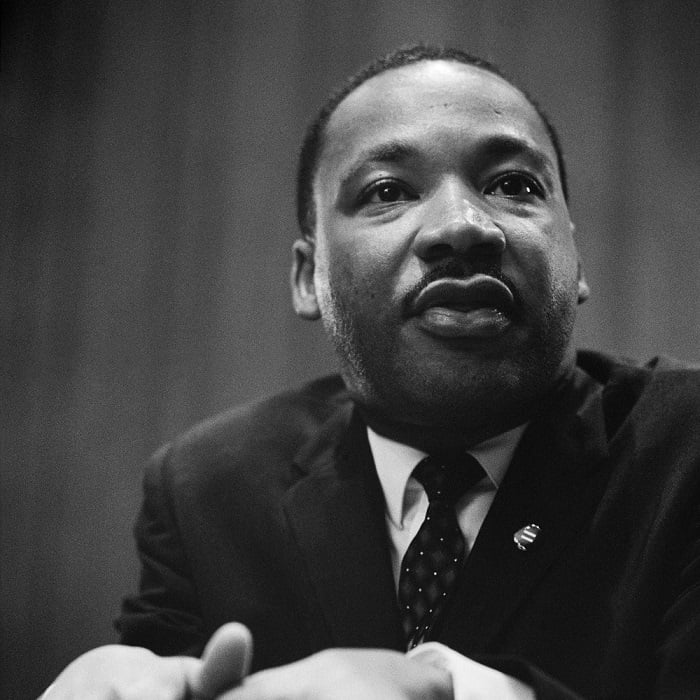I heard a term recently that really stuck with me.
It was an expression spoken by a then-38-year-old Dr. Martin Luther King Jr. during a keynote speech to the American Psychological Association in 1967.
The term was “creative maladjustment.”
During his speech, King noted how psychologists had provided the world with the concept of maladjustment. Yet, he stated that despite the traditional definition of the word, there are some things we should never be adjusted to.
The powerful elite, in their attempt to preserve order, King argued, actually maintained the opposite. He said:
“…there are some things in our society, some things in our world, to which we should never be adjusted. There are some things concerning which we must always be maladjusted if we are to be people of good will. We must never adjust ourselves to racial discrimination and racial segregation. We must never adjust ourselves to religious bigotry. We must never adjust ourselves to economic conditions that take necessities from the many to give luxuries to the few. We must never adjust ourselves to the madness of militarism, and the self-defeating effects of physical violence.”
In essence, King was asking us to allow the discomfort of movements aiming to dismantle collective inequalities and try to understand them. He wasn’t advocating for violence and chaos. Instead, he was asking us to stop rushing to medicate, diffuse, or control the unrest. He was asking us to use them as catalysts for constructive conversations and new paths for growth.
We must never be afraid to step into the discomfort to find the truth. We must never be afraid to wade into the turbulent waters of social movements and understand the fundamental reasons they were born in the first place.
This need for courage holds not only for us as a collective but internally as well. Too often, big emotions arise within us, and we race to soothe them or find a solution before we understand the learning opportunity that resides. We don’t allow ourselves to rest in the space full of pain and yearning.
It’s counterintuitive to reside in discomfort. It’s scary. There is confusion in discomfort as well. But just as King explained, we strive not to allow chaos to persist so that we may perpetuate violence or inequality. We use it as a vehicle toward truth. The same applies internally as well. We don’t seek to use pain as a quality to perpetuate a victim or perpetrator mindset. We simply use it as a powerful ally for a time.
We see it arising, and instead, we inquire as to why it is there and what it has to teach us. We surrender not to the pain itself, rather to the potent, transformational medicine at its core.
And when we strengthen our ability to allow pain and longing within ourselves and use it to find freedom and truth outside of the current operating system, we fortify our ability to hold space for collective uprisings as well. It is always in the internal practice that the actions needed to find equitable solutions for our external world are found.
How can we expect those around us to open their hearts and meet us in the unchartered spaces where mutually beneficial solutions are found if we can’t sit in unchartered spaces within ourselves?
This courage to allow creative maladjustment is what’s needed to shape the future that Martin Luther King Jr. dreamed of. It’s remaining practical and doing what needs to be done from a productivity standpoint, yes. But it’s also having the courage to surrender to the discomfort to find the truth—one necessary to steer us in a direction to benefit us all.
You can listen to King deliver his full speech here.
~












Read 0 comments and reply